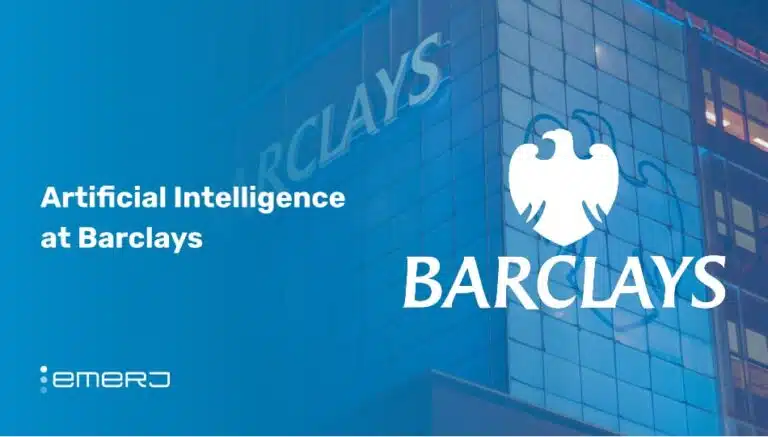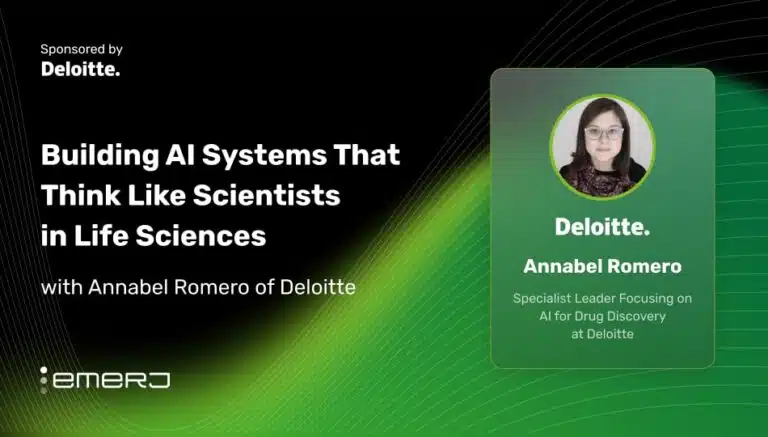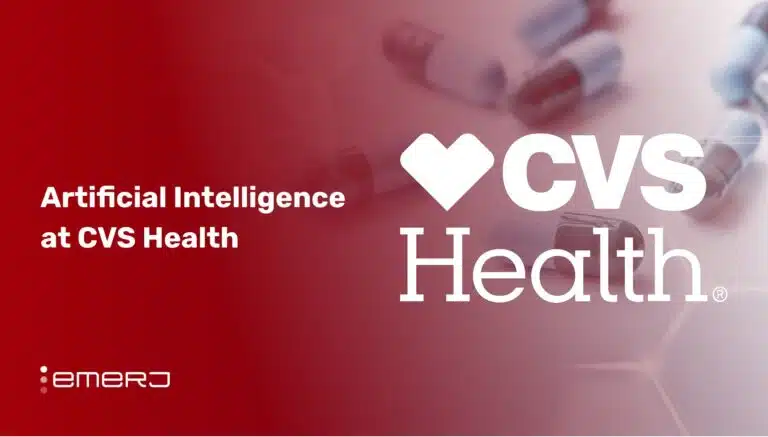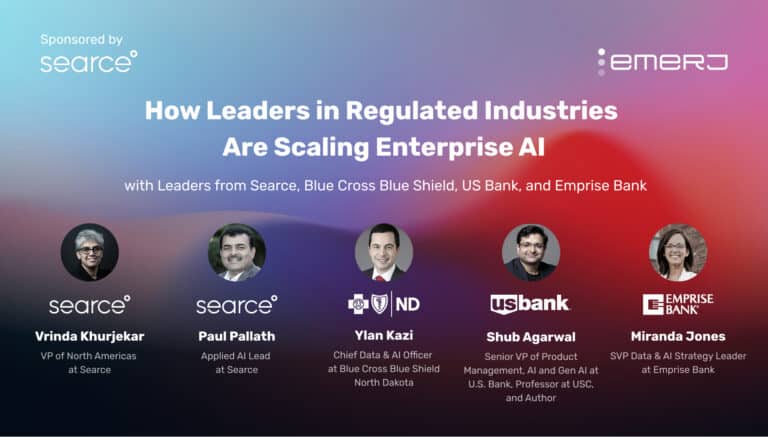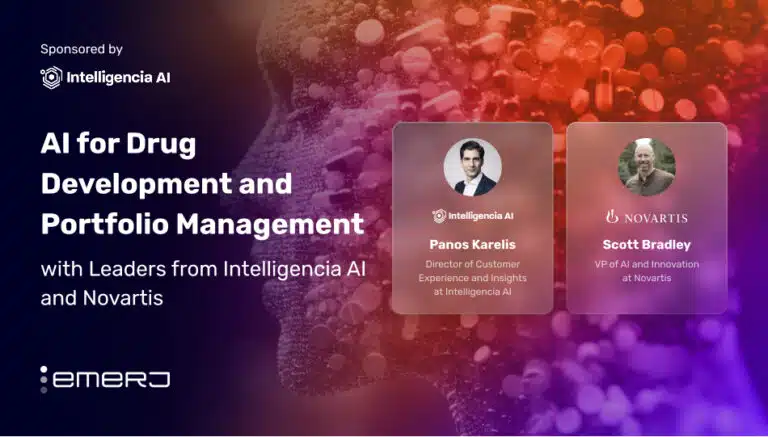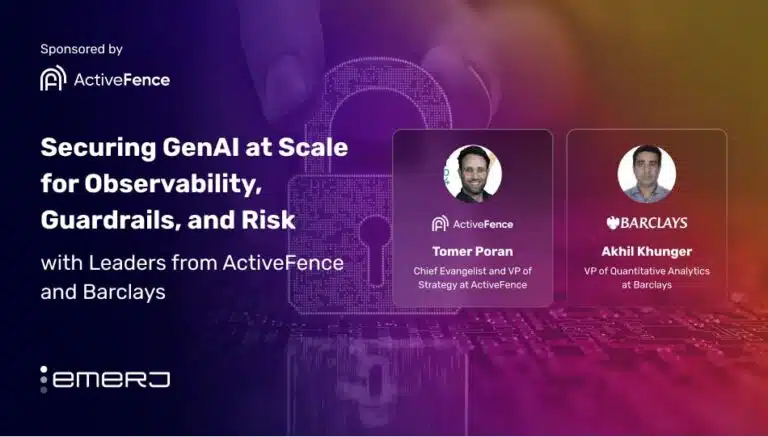Months ago we featured Jessica Richman of uBiome on Emerj, which ended up leading us down a string of interesting startup emails related to “crowd sourcing.” uBiome is aiming to crowd-source information about human health and our native bacteria (much as 23 and Me is aiming to do in genetics), Ivo Georgiev’s project Proteo.me is designed around the gamification of combining existing proteins, and the list goes on.
Justin Zhen’s mission is to crowd-source the best practices of financial analysis, bringing the tools of Wall Street to the masses and pooling their best insights. He believes that by creating a larger pool of insights, the best ones will get filtered out. The platform – Thinknum – is the brain-child of Justin and his cofounder Gregory Ugwi. The two met at Princeton, and after graduation, Justin went to work at a hedge fund while Gregory worked at Goldman Sachs. During this time, they both saw a major opportunity staring them right in the face. Like a thousand startup founders before them, they came to two critical realizations. First, they couldn’t keep their present jobs and seriously pursue a new venture. Second, the timing for Thinknum was perfect, as they were witnessing the meteoric rise of Web 2.0 and decided to bring those tools to finance. Subsequently, Justin and Greg quit their jobs and Thinknum was born. Soon, the duo moved to New York City and started working out of their apartment.
The concept for Thinknum stemmed from Justin and Greg’s frustrations with the traditional ways of financial analysis and sharing of financial models. They saw traders emailing Excel spreadsheets back and forth or manually typing figures into Excel sheets to see what the updated models produced. During earnings season, this process got chaotic to say the least. Knowing that the opportunity for significantly more intuitive software existed, the duo built out functionality to allow analysts to intuitively build and share their financial models on the cloud. These models would update automatically when new data becomes available. Then Justin and Greg took a step back and realized that by leveraging the web’s resources, they could supply analytical tools and data to all types of investors, not just the ones on Wall Street.
Crowd-source companies have employed a number of different models to turn a profit. Though 23 and Me’s value proposition could be argued to ultimately be in the value of the genetic data correlations that it amasses, the company is carried along with one-off sales of it’s home genetic testing kit – uniting the efforts of data collection with money collection. Thinknum’s strategy is a bit different. Justin plans for the product (the platform itself, which is currently functional) to be free. Customers will pay not in order to access the best practices and models in Thinknum’s database, but to keep their own analysis private. This would be targeted towards more sophisticated traders, such as hedge funds, to use the powerful Thinknum software without permitting the rest of the world to see the models they’re using in their own trading activities.
The question of “can crowd-sourcing beat Wall Street?” mirrors 23 and Me’s “can crowd-sourcing beat collegiate medical research?”, and ultimately begs the question “what CAN’T private companies do better than other institutions in terms of pooling and distilling massive reaps of data?”
The “big data” era is dawning, for sure, and though it’s hard to tell exactly where it’ll take us – Thinknum’s hope is that it’ll leave them poised to step up the world of finance.








